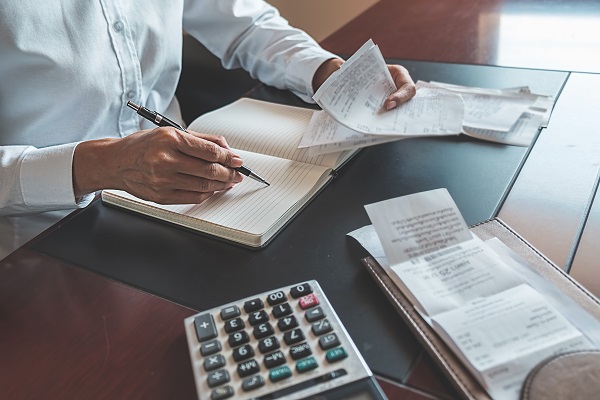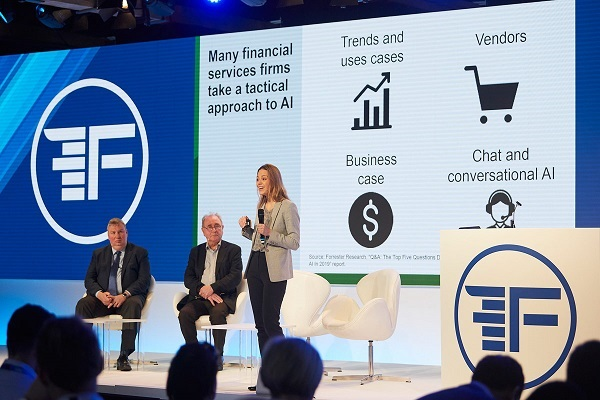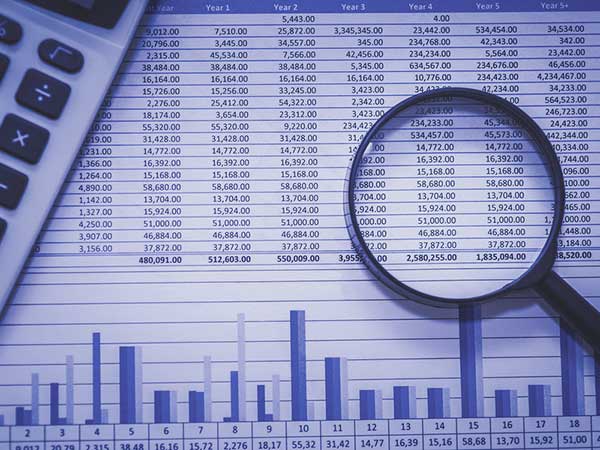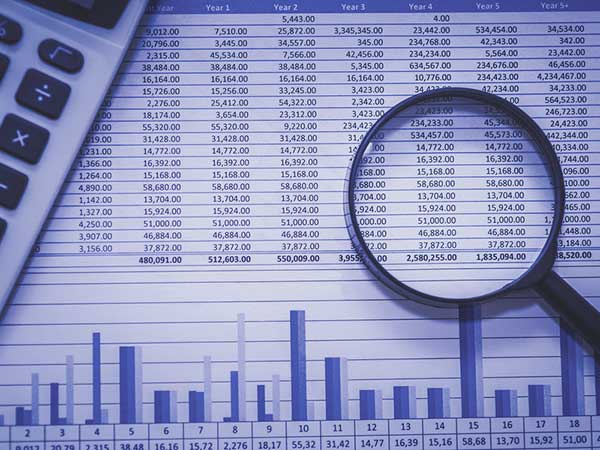Big data is the future of many forms of technology, including the world of forex. Big data could change the way we trade, the way we make decisions and the way that we reinvest our earnings. In short, it could change our entire way of trading. In this post, we look at why big data is the future of forex trading.
Placing the Onus on Brokers
Not only can big data improve the way that we trade, but it can help brokers meet the ever-increasing demands of regulators. Big data makes it likely that more and more brokers will invest heavily in their infrastructure, in order to allow their clients access to the world of big data. As such, as a customer, you shouldn’t have to make big investments in technology; your broker will do that for you.
How Does Big Data Help Me Trade?
As a trader, the additional data can help you to analyze the markets through the use of different tools and pieces of software. These, in turn, can help you spot patterns and correlations in your trading style, improving your overall strategy.
Brokers will undoubtedly help with this process. By incorporating machine learning and forms of algorithmic trading techniques, you’ll be able to expand upon your execution and trading strategies, meaning you’ll be able to make more informed decisions.
In short, big data gathered by brokers, both in the form of market data and trading data will be passed to their clients. Not only can the broker store this data, but they’ll also be able to help you analyze it through educational tools as well.
This won’t just extend to the tools you use to define your trading strategy, as it will also cover other factors, such as reporting. Advancements in the use of big data will allow brokers to offer to report to customers on the way that they trade.
After all, success in the forex markets is all about making smart decisions, and the more information that you have available at your disposal, the more you’ll be able to visualize and interpret the decisions that you’ve made.
This makes the whole process far more transparent, and software will eventually become available that allows you to view your counterparts’ activities alongside your own. When forex trading, how others react is crucial, and you need to take this into account when developing your trading strategy. Big data allows you to see this in a visual form; of which there are many different tools you can use. It allows you to know in advance how they’re likely to react, allowing you to trade smarter in the future.
In other words, as a forex trader, big data allows you to find correlations in how your counterparts react. It provides you with all the information you could possibly need. All you have to do is interpret it correctly and execute smartly.
How Does it Help Brokers?
Although the benefits of big data are larger for clients and customers, they’re important for brokers as well; especially in terms of compliance.
Brokers are heavily regulated in the world of forex, and the transparency and reporting options offered by big data can help them meet these increasingly stringent guides.
By being able to clearly retrieve and show trading activity and the associated market data, a broker can show a regulator, like the FCA, that it has acted properly in the blink of an eye.
Plus, it allows any broker or financial institution to evolve with the regulation. This regulation is constantly changing and evolving, and these financial institutions need to be able to think on their toes. Big data allows them to do all of this and more. So it’s a win for both brokers and traders alike.
Big data may not be fully in use yet (especially as businesses continue to guard themselves against cyber crimes), but it appears set to revolutionize the forex market and as Bloomberg Tradebook suggests, help to optimize trade execution.. Watch this space closely.























